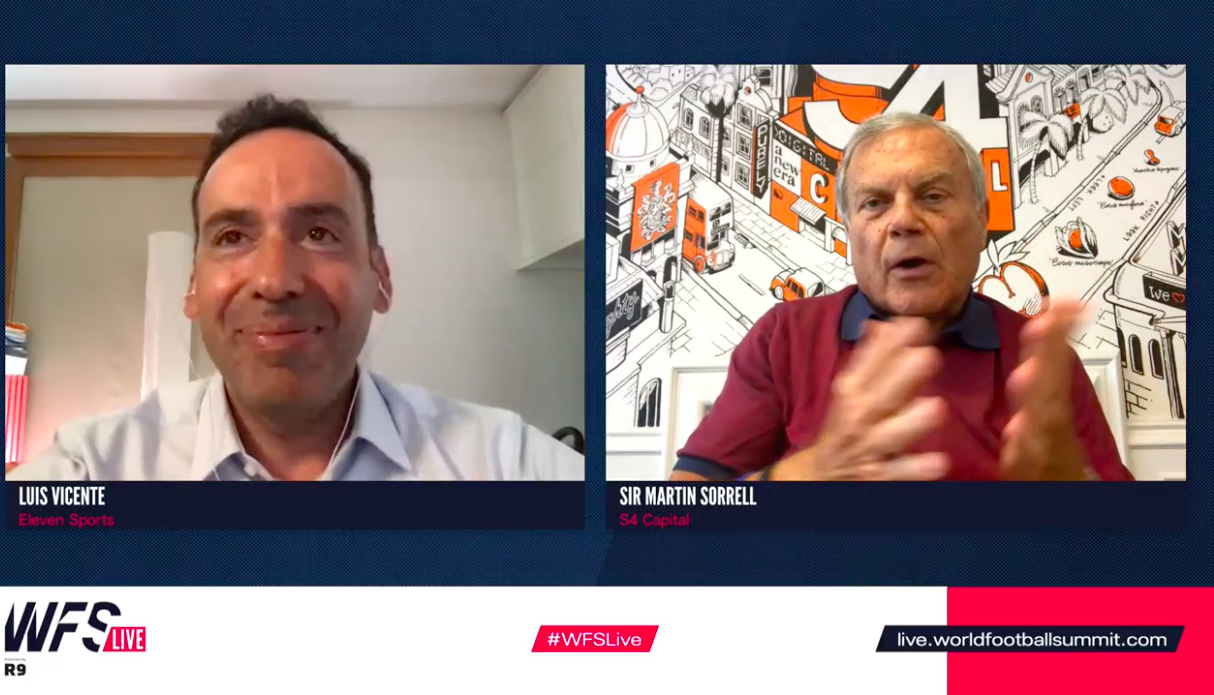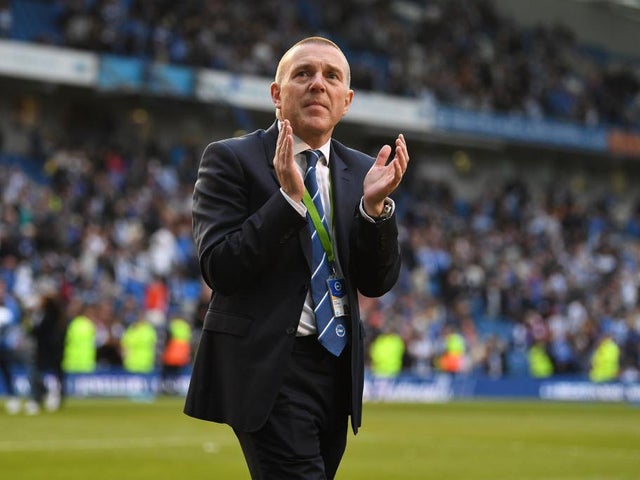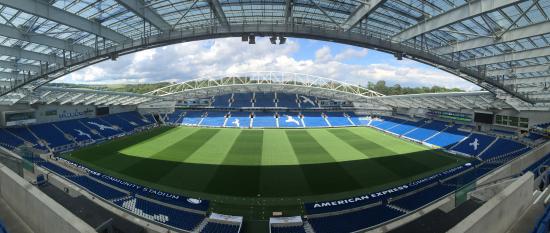The first ever edition of WFS Live kicked off today with seven panels featuring top-notch leaders from properties such as LaLiga, FIFA or Real Madrid and companies such as S4 Capital or Eleven Sports. Speakers discussed deeply around the impact of Covid-19 on different areas of the sport and the industry such as European competitions, women’s football, media rights, the transfer market or player’s salaries. Here are some of the main highlights of Day 1:
Javier Tebas (LaLiga), on Covid-19 and the transfer market
“There will be some transfers, but those which each club can manage economically. But big signings paid in money, we’re not going to see that. One of 100 million euros is impossible. And those above 50 million euros, we’ll be able to count on the fingers of your hands and mine.”
Ornella D. Bellia (FIFA) on the lessons learned from Covid-19
“One of the lessons of Covid-19 is that more women leadership positions are needed to help deal with crisis situations. If you look at the countries with some of the best Covid-19 responses, they are countries lead by women. If you look at Germany, but also New Zealand, Iceland… These countries stood out for their prompt, efficient and effective response tu the crisis.”
Ebru Koksal (Women in Football) on the lack of support mechanisms for women in the industry
“I didn’t have a good support mechanism, I didn’t have a mentor, I didn’t have another women in the Board of Directors, I didn’t have anyone to got to, I was all alone. It’s so difficult to survive in that environment because everyone is trying to crush you. It’s very hard to survive unless you have the support mechanisms, but also equally important is having self awareness in your leadership journey.”
Magda Pozzo (Udinese & Watford), on women thriving in innovative areas of the business
“We need to do more as women, we need to create a movement, but I think it’s just a natural development of the business. I think we’re seeing a change with so many innovative areas of the business growing. Areas in which women are very good, so it’s going to come very natural. I’m very positive and very optimistic about that.”
Sir Martin Sorrell (S4 Capital) on the effects of Covid-19 on football
“In my view there are too many football clubs, they have to be consolidated. Players are probably over-remunerated, they will have to be remunerated in different ways. The leagues are going to have to be run more efficiently and professionally because the competition is going to be huge.”
Paul Barber (Brighton & Hove Albion) on Covid-19 being a wake-up call for the football industry
“One of the problems for some years is that clubs have been living beyond their means, they’ve been spending more money than they’ve been bringing in and relying on either player sales to get out of trouble at the end of each season or an uplift in TV or sponsorship income. I think that perhaps this is a wake-up call for all of us to manage our business more prudently that we’ve done in the past. We’re all guilty at some point of just stretching that little bit too far.”
Emilio Butragueño (Real Madrid) on the lessons learned from Covid-19
“The first lesson is that what seems imposible is possible, everything can change overnight. The second is our ability to overcome difficulties. We’ve been able to comeback and we should be very proud. The third lesson is that we have to be united. When we are united, we win. I think these are the three lessons of this period.”
Luigi de Laurentiis (SSC Bari) on the impact of Covid-19 on player salaries
“Salaries will probably be going down around 20-25 percent, which would help. I think overall if we’re talking about big players they will keep their value, but definitely in the shorter period we’re definitely going to see some minor numbers in that department. So yes, I think salaries and transfers will be affected for now.”




